
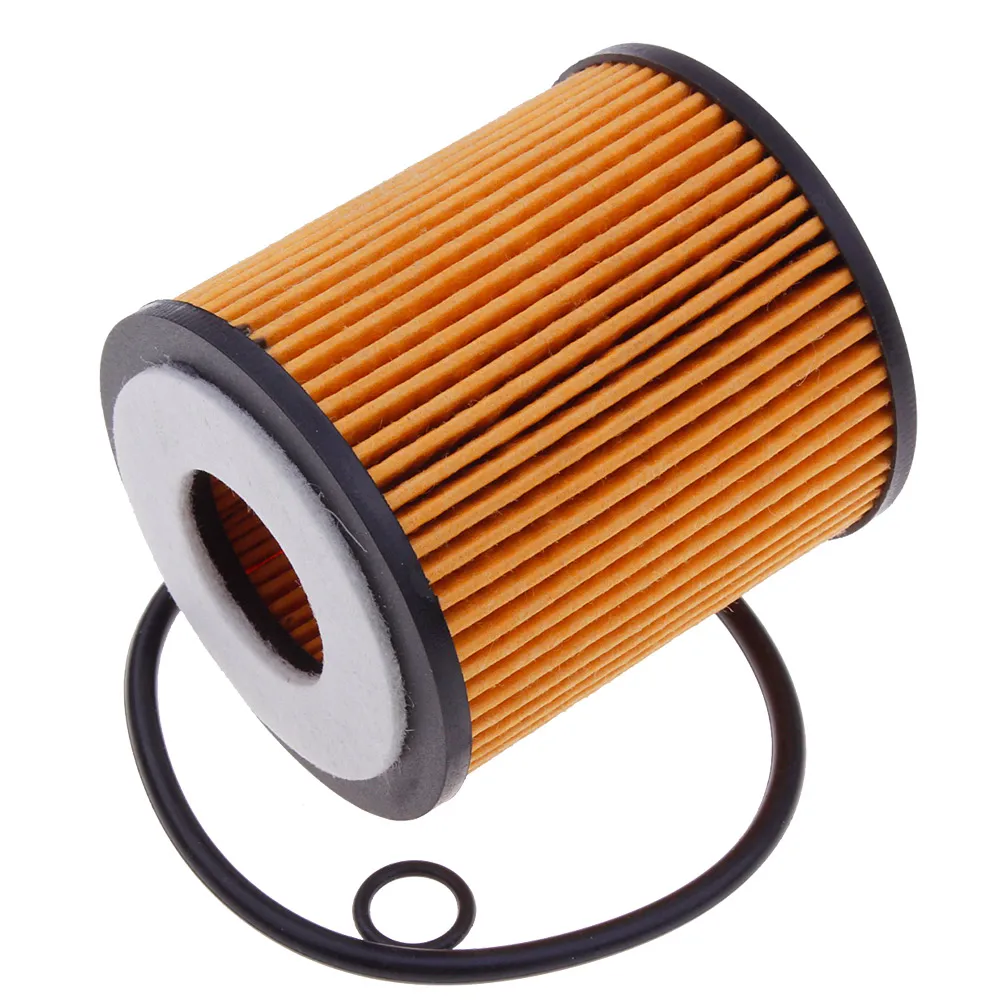
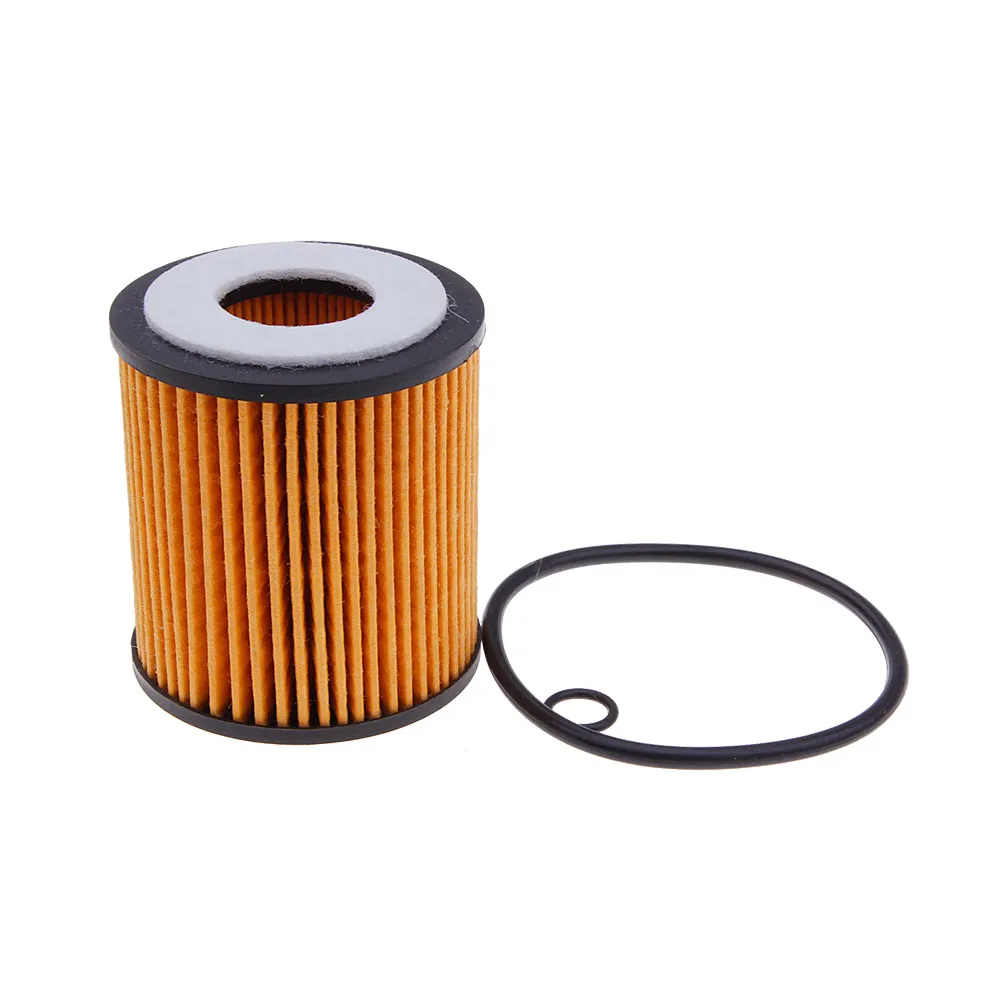
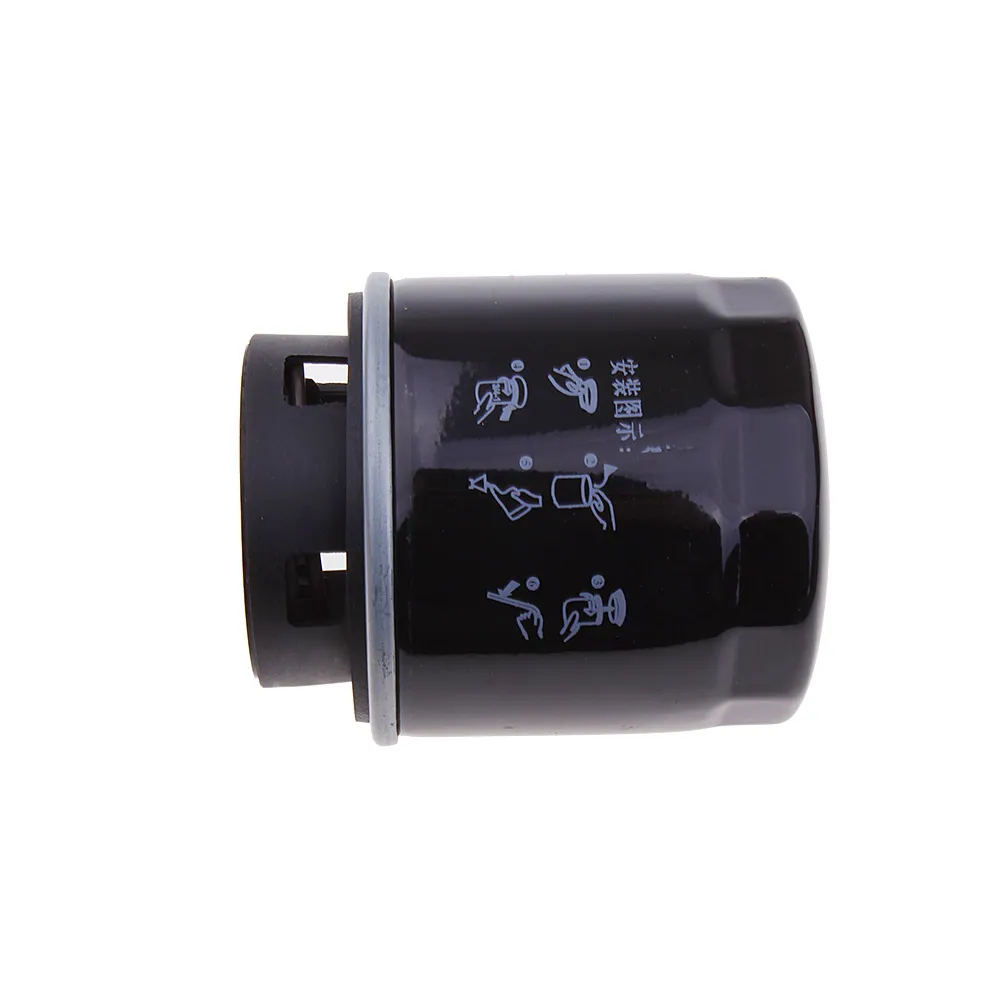
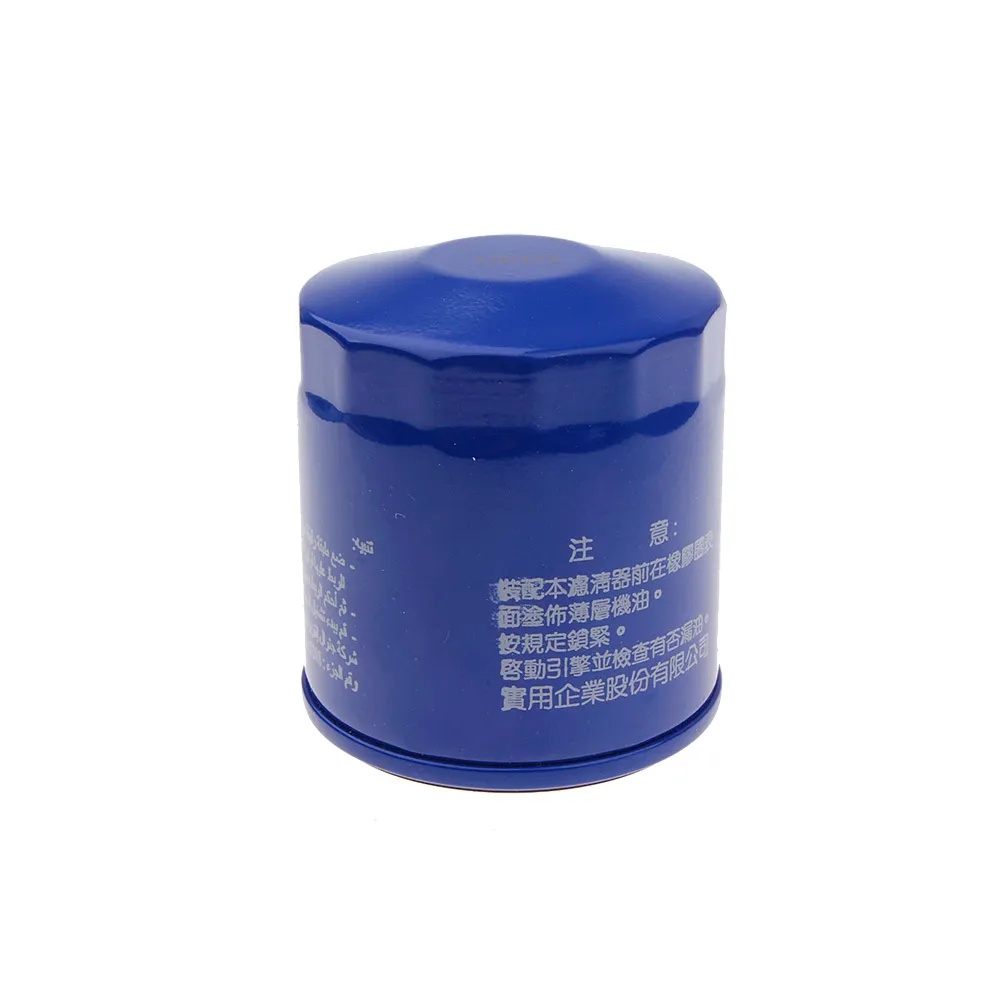
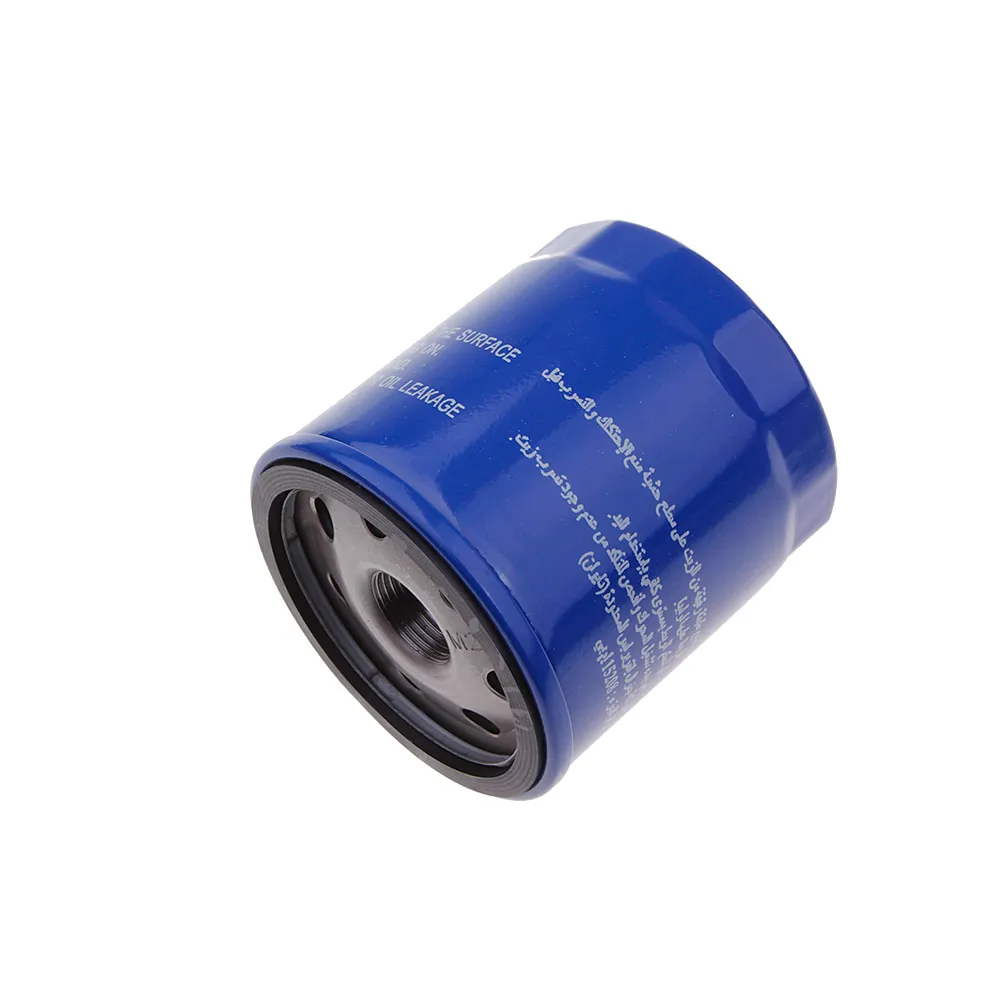
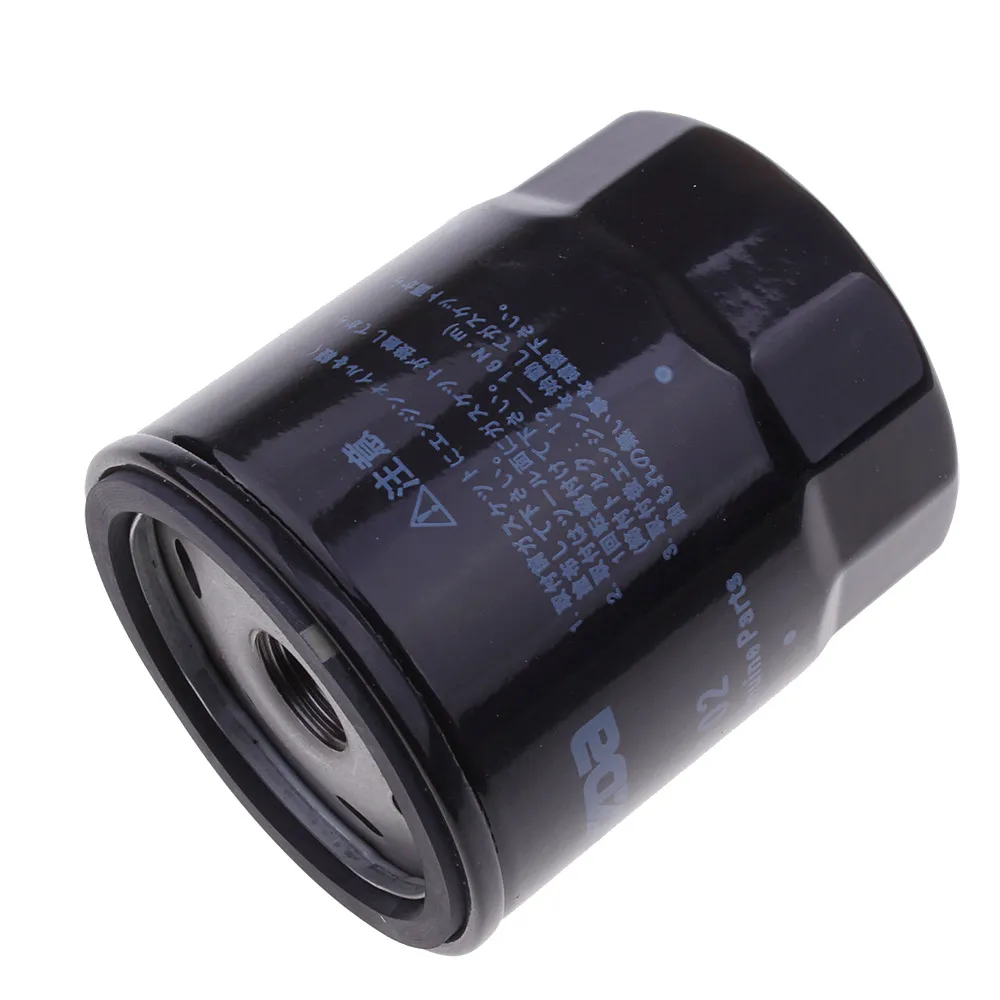
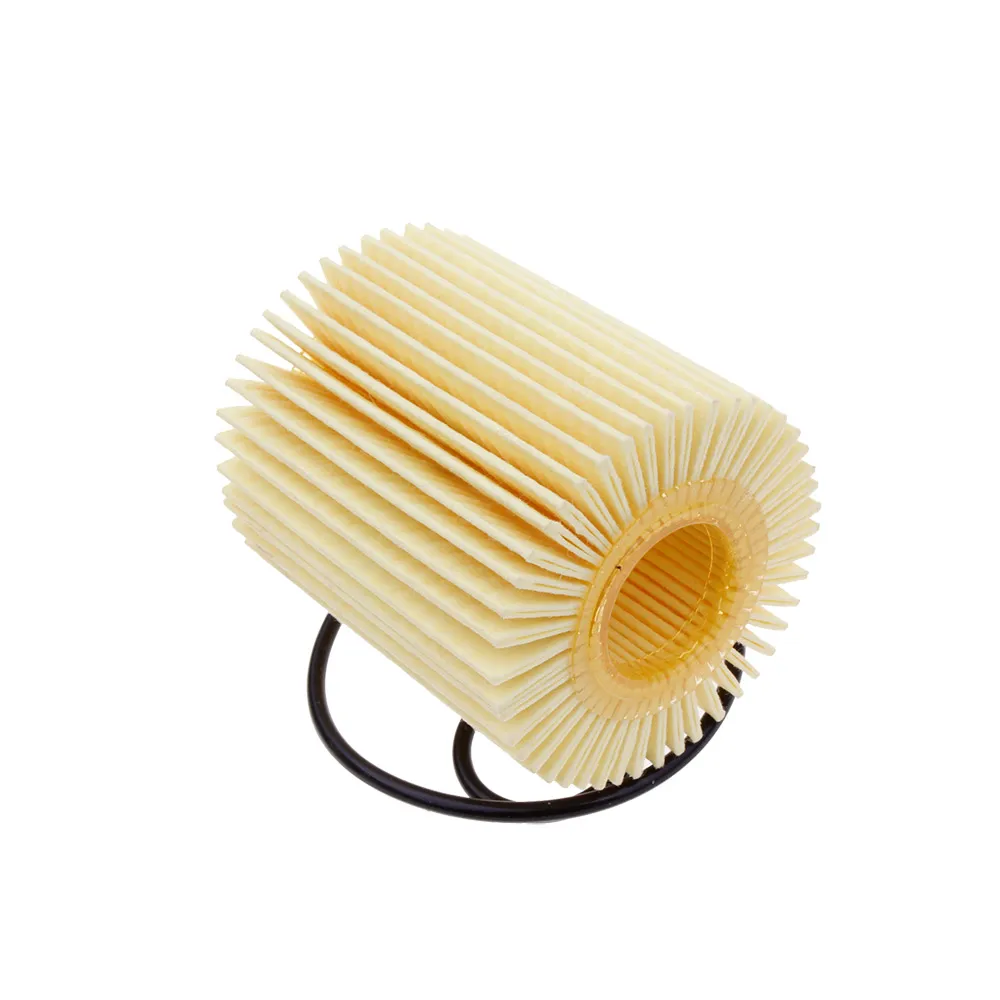
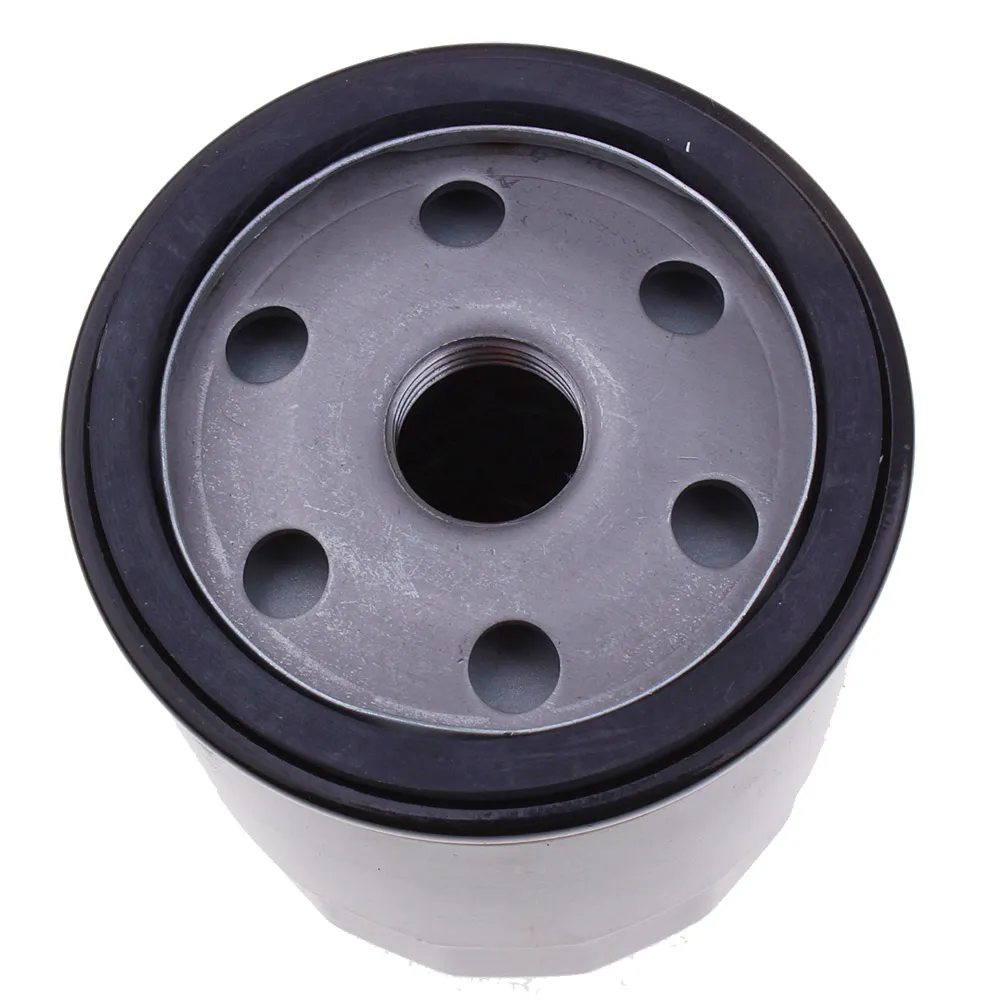
With the automotive industry placing growing emphasis on cabin comfort and air quality, car air filters have become a pivotal solution for modern vehicles. This article digs deep into technical trends, key parameters, application scenarios, market analysis, and how to select reliable car air filters suppliers and manufacturers. Featuring expertise from Qinghe Jiayou Automotive Parts Co., Ltd (www.jyfilter.com), a globally recognized car air filters factory, this guide is tailored for distributors, manufacturers, auto service chains, and insightful individual car enthusiasts.
View Car Cabin Filter Product →
Website: https://www.jyfilter.com
Tel: +8615132982898 Mobile: 15132982898
Email: 508881588@qq.com
Address: Niujiatun Village, Gexianzhuang Town, Qinghe County, Xingtai, Hebei Province, China.
1. The Evolving Landscape of Car Air Filters
Over the past decade, the role of car air filters has transcended simple dust prevention to sophisticated barriers against pollen, PM2.5, and even harmful gases. Consumer demand for fresh, healthy in-cabin air has spurred rapid innovation in filter materials and designs. According to recent analyses from SAE International and automotive OEM forums, current market leaders are not just offering paper elements, but multi-layer synthetic media, activated carbon filters, and even HEPA-grade filtration solutions.
Sources such as Filter Manufacturers Council further estimate that the global car air filters market size exceeded USD 5.7 billion in 2023, with factory and supplier segments projected for stable growth, notably in Asia and Europe.
2. Key Product: Car Cabin Filter by Qinghe Jiayou
Product Name: Car Cabin Filter
Description: The Car Cabin Filter efficiently removes dust, pollen, and pollutants, ensuring clean, fresh air inside your vehicle for a healthier driving experience.
Product Link: Visit Car Cabin Filter Page
- Application: Passenger cars, light trucks, commercial vehicles.
- OEM/ODM Capabilities: Custom sizes, branding, packaging available.
- Certification: ISO9001, IATF16949, RoHS, REACH compliant.

3. Market & Technology Trends in Car Air Filters
The automotive sector’s progress has led to frequent upgrades in air filter design, rendering older technology insufficient for present-day requirements. Modern consumers and OEMs are increasingly aware of the importance of in-cabin air quality. Per ScienceDirect, 2023, PM2.5 and volatile organic compound (VOC) exposure inside cars can surpass outdoor levels, especially in dense traffic. Technological improvements in car air filters thus include:
- Multi-layer melt-blown & nano-fiber composite media
- High-dust holding capacity and low initial pressure drop
- Integration of activated carbon and HEPA-style elements
- Robust anti-bacterial and anti-microbial coatings
- Long-life filter designs for both regular and heavy-duty use
Leading car air filters suppliers invest heavily in R&D, often collaborating with universities and research bodies to push the boundaries of filtration physics and material science ([see SAE Whitepaper 2022](https://www.sae.org/publications/technical-papers/content/2022-01-1179/)).
4. Comparison Table: Popular Car Air Filters Parameters
| Filter Type | Filtration Efficiency | Dust Holding Capacity | Initial Pressure Drop (Pa) | Main Material | Lifespan (km/months) |
|---|---|---|---|---|---|
| Standard Paper | 85% @ >3μm | 90-140g | 40-85 | Cellulose Fiber | 10,000 / 6-9 |
| Synthetic Fiber | 92-96% @ >1μm | 110-170g | 35-70 | Polypropylene/Composite | 12,000 / 12 |
| Activated Carbon | ≥95% PM & Gases | 120-200g | 40-90 | Carbon + Synthetic | 15,000 / 12-18 |
| HEPA Cabin Filter | >99.97% @ 0.3μm | 100-180g | ≤40 | Microfiber Glass/Nano | 15,000+ / 18 |
| Premium Hybrid | >99% PM, Gases, Odor | 160-210g | 35-65 | Multi-layer / Custom | 18,000+ / 24 |
Data compiled from OEM, Filter Manufacturers Council, and industry supplier reports.
5. Visualization: Car Air Filters Technology Parameter Trends
6. Car Cabin Filter Technical Data Comparison
These visualizations highlight the technical superiority and long-term stability of Qinghe Jiayou's car cabin filter products and their fit for high-performance OE and aftermarket needs.
7. How to Select Reliable Car Air Filters Factory & Suppliers
Navigating the landscape of car air filters suppliers and manufacturers can be daunting. Consider the following:
- Production Standards: ISO/IATF certification, QC traceability, raw material audits.
- Customization: Support for OEM branding and adaptation to non-standard designs.
- R&D Capabilities: In-house testing, partnership with automotive technical forums.
- Compliance: RoHS, REACH, environmental policy alignment.
- Direct Price Transparency: Reliable factories offer competitive car air filters price due to lean manufacturing.
- Global Supply Network: Track record of timely export to key markets (EU, USA, Asia).
- After-sales Service: Technical support, replacement policy, responsive communication.
Qinghe Jiayou Automotive Parts Co., Ltd ranks among world-class car air filters factory with a robust supply chain and excellent customer feedback. Explore products and request industry-matched solutions now.
8. Application Scenarios for Car Air Filters
- Passenger vehicles and luxury cars: Maximize comfort with HEPA and anti-bacterial filter variants.
- Commercial fleets: Enhanced filter longevity and cost-efficiency.
- Electric vehicles: Improved cabin microclimate and noise reduction through advanced filters.
- Arid, industrial or high-pollution regions: Dust, soot and odor adsorption needed.
- Auto workshops & Spare part chains: Focus on multi-brand, cross-reference filter stock.
Expert Q&A: Car Air Filters Technical Terminologies
- Q1: What is the main material used in high-efficiency car air filters?
- A: Advanced car air filters often utilize synthetic fibers or a blend of micro-glass fiber and nano-composite media for optimal filtration and low pressure drop.
- Q2: What does initial pressure drop mean and why is it important?
- A: Initial pressure drop (measured in Pa) indicates airflow resistance across the filter. Lower values mean better airflow and engine/cabin efficiency.
- Q3: How is filtration efficiency quantified?
- A: Typically expressed as the % of particles (at a specific micrometer size) removed from incoming air. HEPA-grade filters attain >99.97% @ 0.3μm. [SAE 2022]
- Q4: What are the standard sizes and can they be customized?
- A: While most vehicles use standard OE filter dimensions, reputable car air filters suppliers like Qinghe Jiayou offer 100% customization for size, shape, and branding.
- Q5: What installation standards should be followed?
- A: Follow OEM guidelines for torque and fit. Quality car air filters factory units include installation instruction manual and gaskets.
- Q6: What anti-bacterial features are available?
- A: Anti-bacterial and anti-microbial coatings (e.g. silver ions, plant-based extracts) increasingly feature in premium filters, combating in-cabin germ propagation.
- Q7: How do car air filters price ranges vary by grade?
- A: Standard filters average $2.5–8.0 per unit in bulk, while HEPA and activated carbon models may reach $10–21 depending on order quantity and specification. Direct sourcing from a car air filters factory ensures best pricing. [Reference]
9. Why Choose Qinghe Jiayou Automotive Parts Co., Ltd?
- Industry Expertise: 15+ years manufacturing car air filters for top global brands.
- Accreditations: ISO9001, IATF16949, RoHS & REACH compliance.
- Production Strength: Automated lines, advanced media testing, real-world filtration validation.
- Export Experience: Clients in over 50+ countries; proven customs/logistics handling.
- Value: Direct factory car air filters price and fully tailored product solutions.
- Responsive Support: Technical consulting, fast sampling, multilingual communication.
To get a competitive quote or technical advice, please contact Qinghe Jiayou using the information above.
10. Conclusion: The Future of Car Air Filters
The global shift toward healthier mobility has put the spotlight on car air filters as a key component in the driver and passenger experience. From filter material science to smart factory production and optimized supply chain pricing, your supplier choice matters. When partnering with Qinghe Jiayou Automotive Parts Co., Ltd, you benefit from industry expertise, authority, and a trusted reputation in the car air filters industry.
-
Vehicle Performance with Premium Car Filter SolutionsNewsJul.02,2025
-
Upgrade Engine Performance with Timely Air Filter MaintenanceNewsJul.02,2025
-
Optimize Vehicle Health with Timely Air Filter ReplacementNewsJul.02,2025
-
Every Drive with Next-Level Car Filtration SystemsNewsJul.02,2025
-
Driving Comfort with Advanced Air Filtration SystemsNewsJul.02,2025
-
Cleaner with Next-Generation Automotive Air FiltrationNewsJul.02,2025
-
The Importance of Cabin Filter and Engine Filter: The Role and Maintenance of Cabin Filter and Engine FilterNewsJun.25,2025
Related Products




